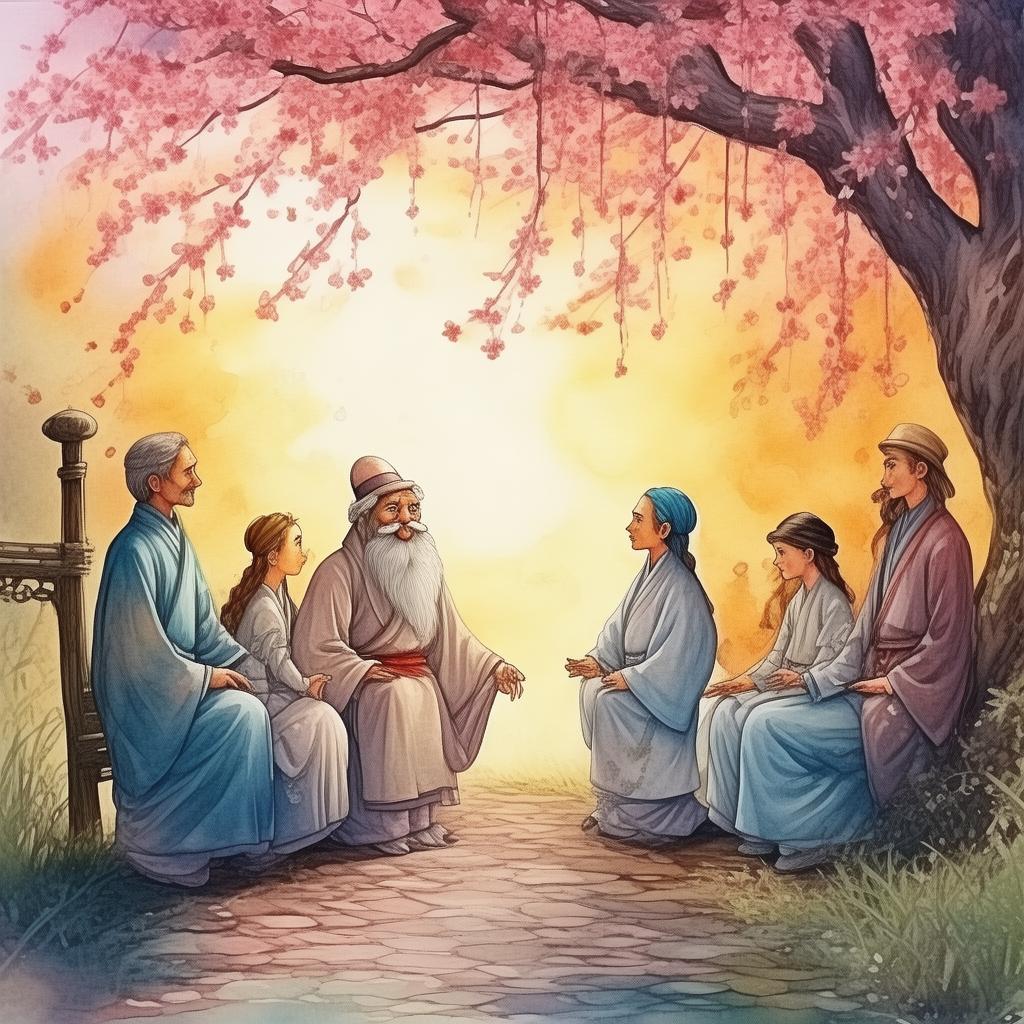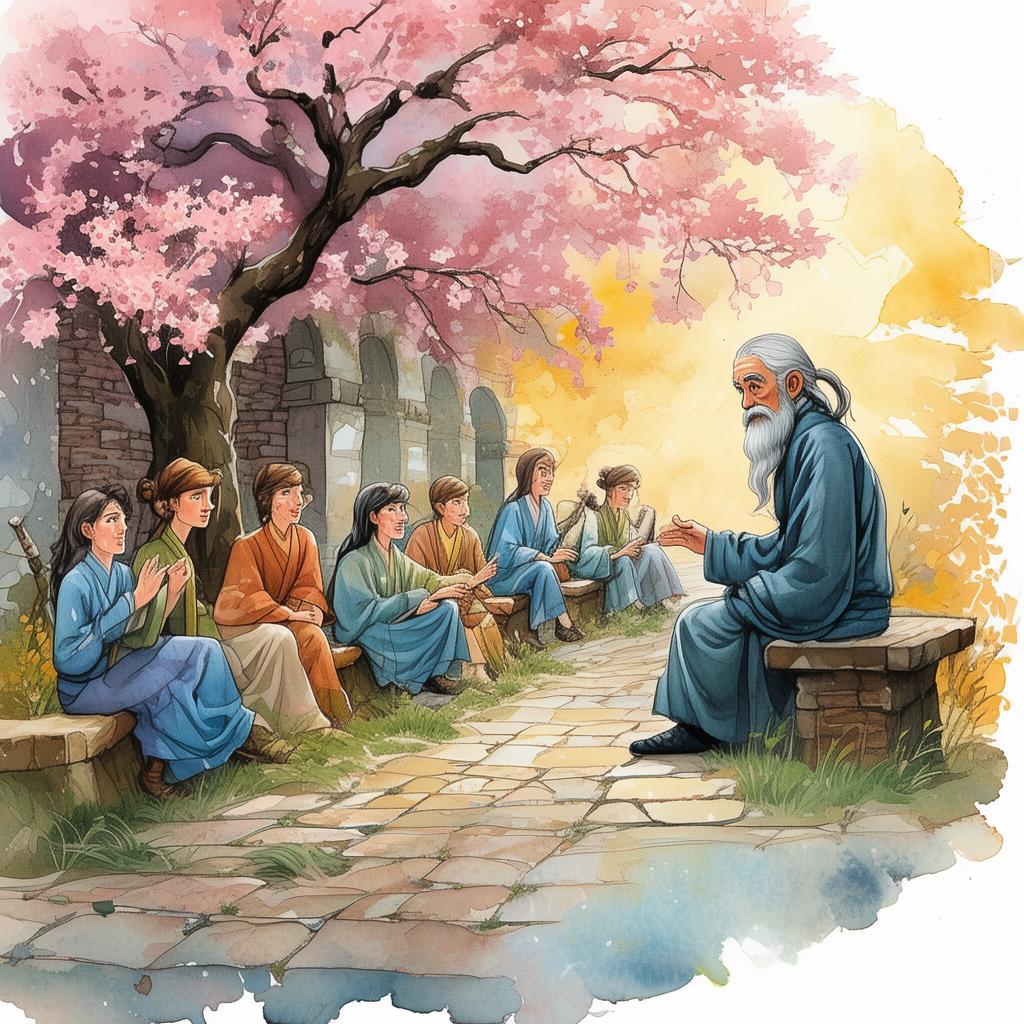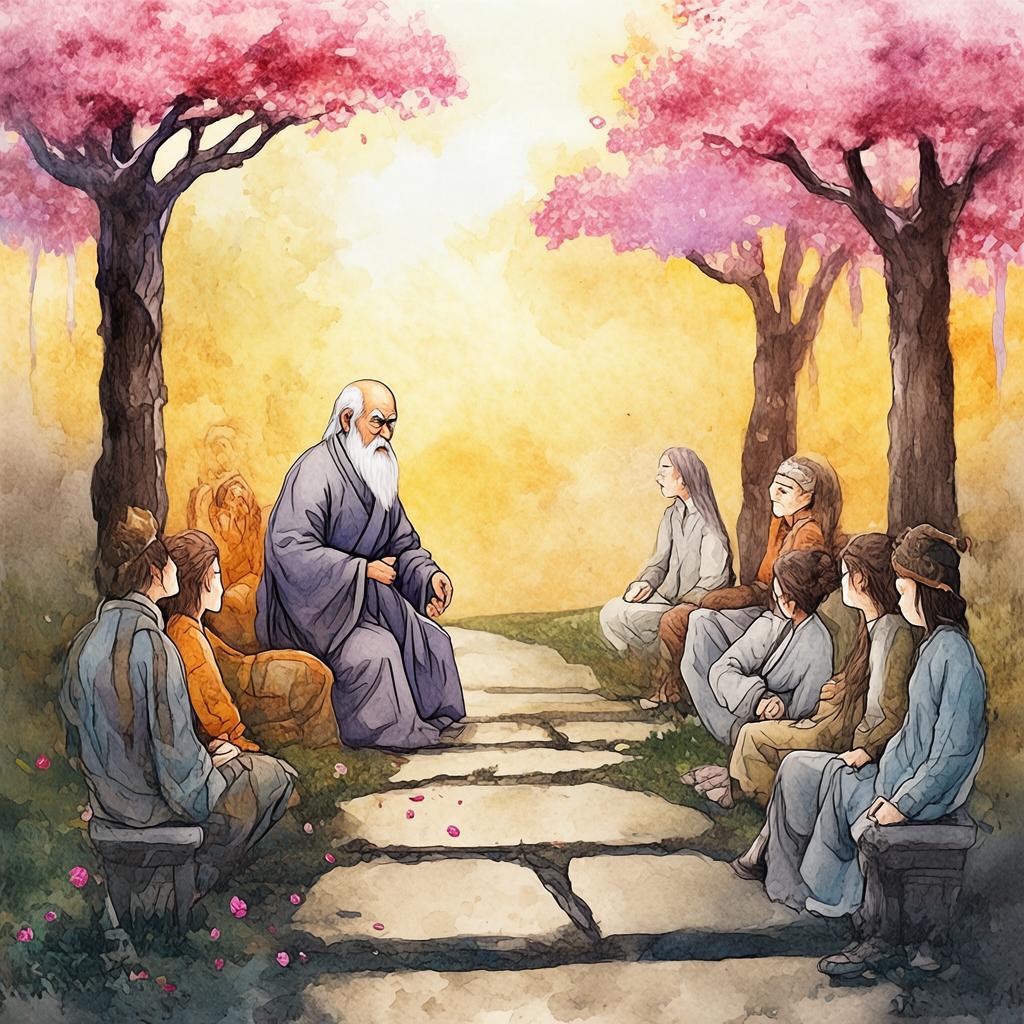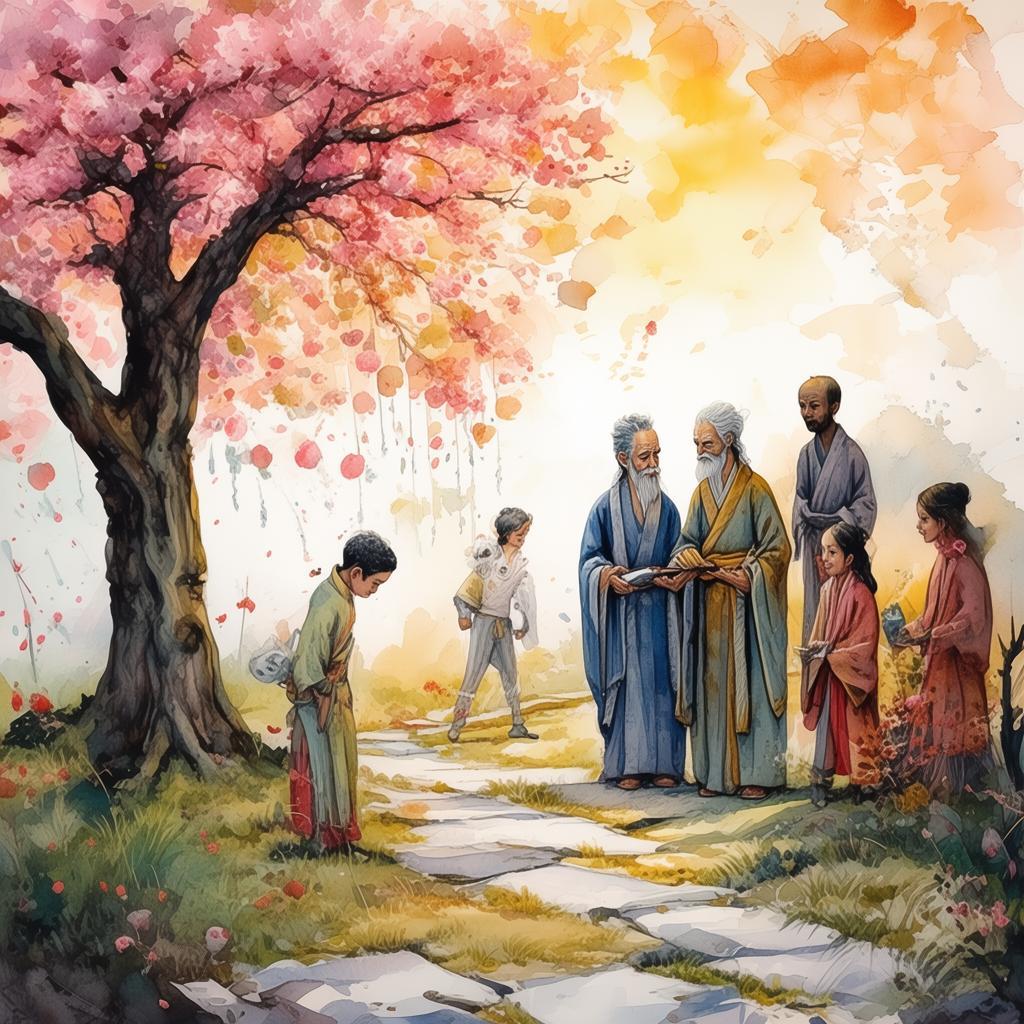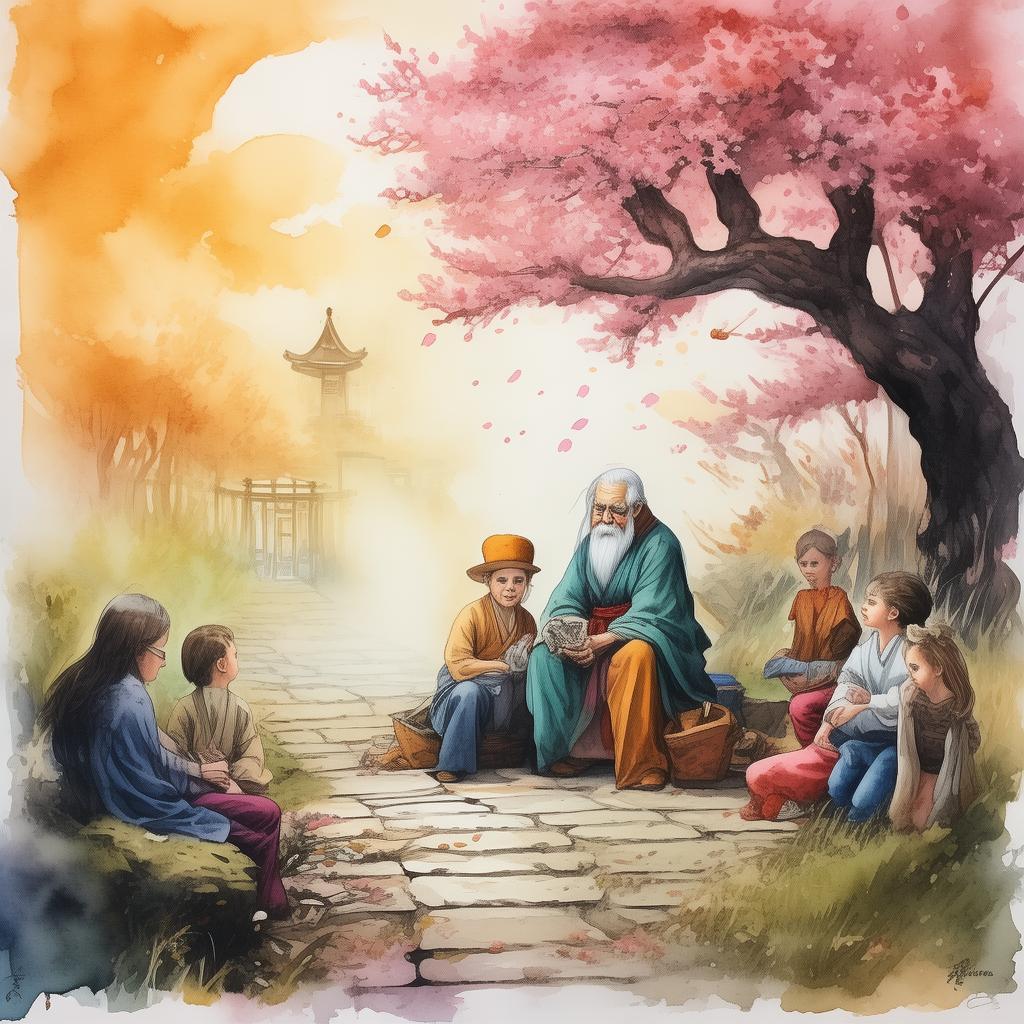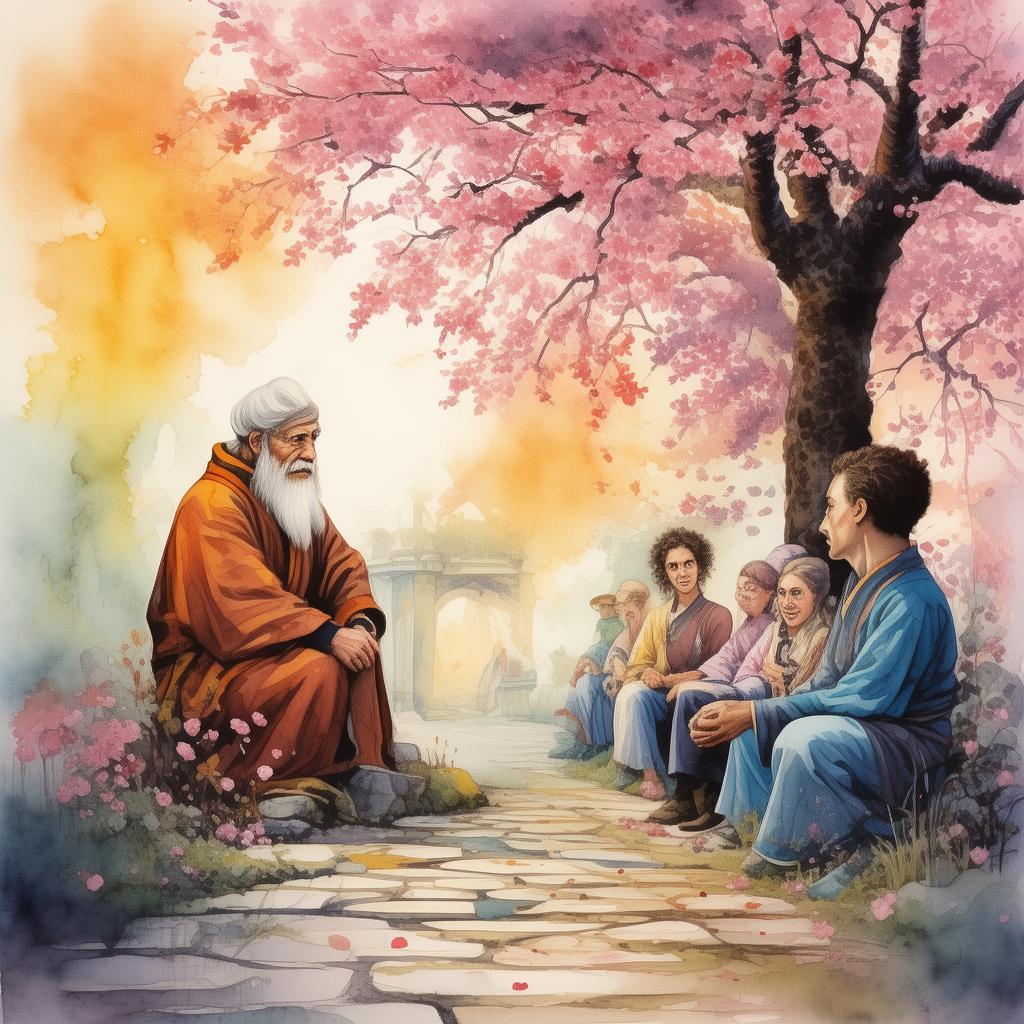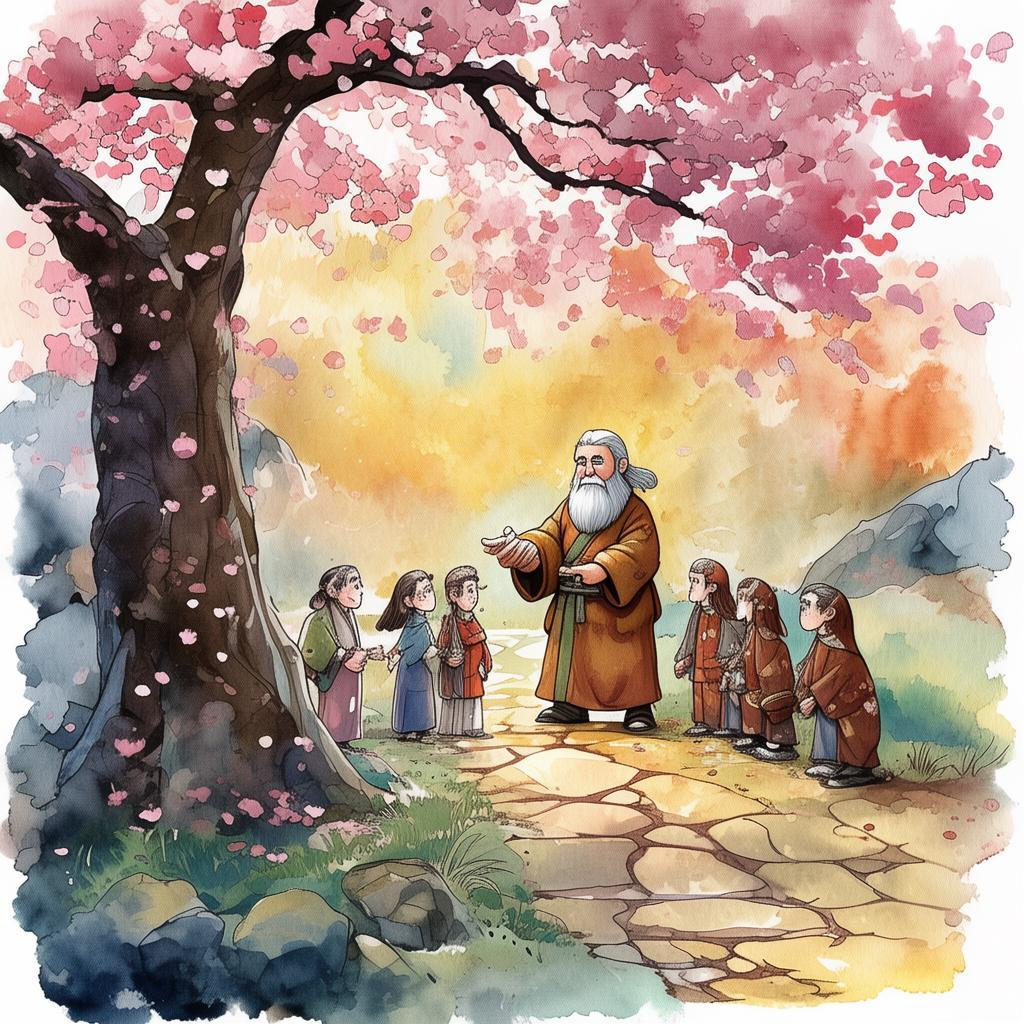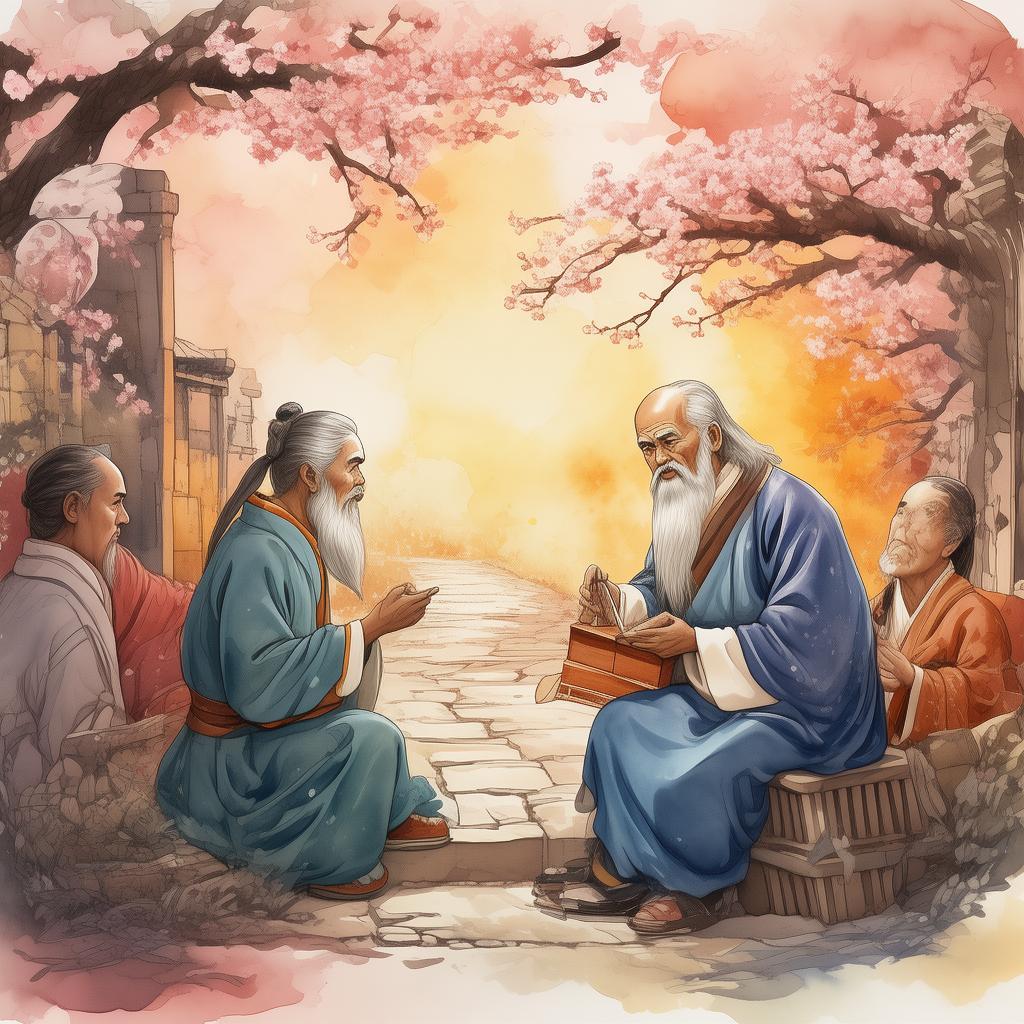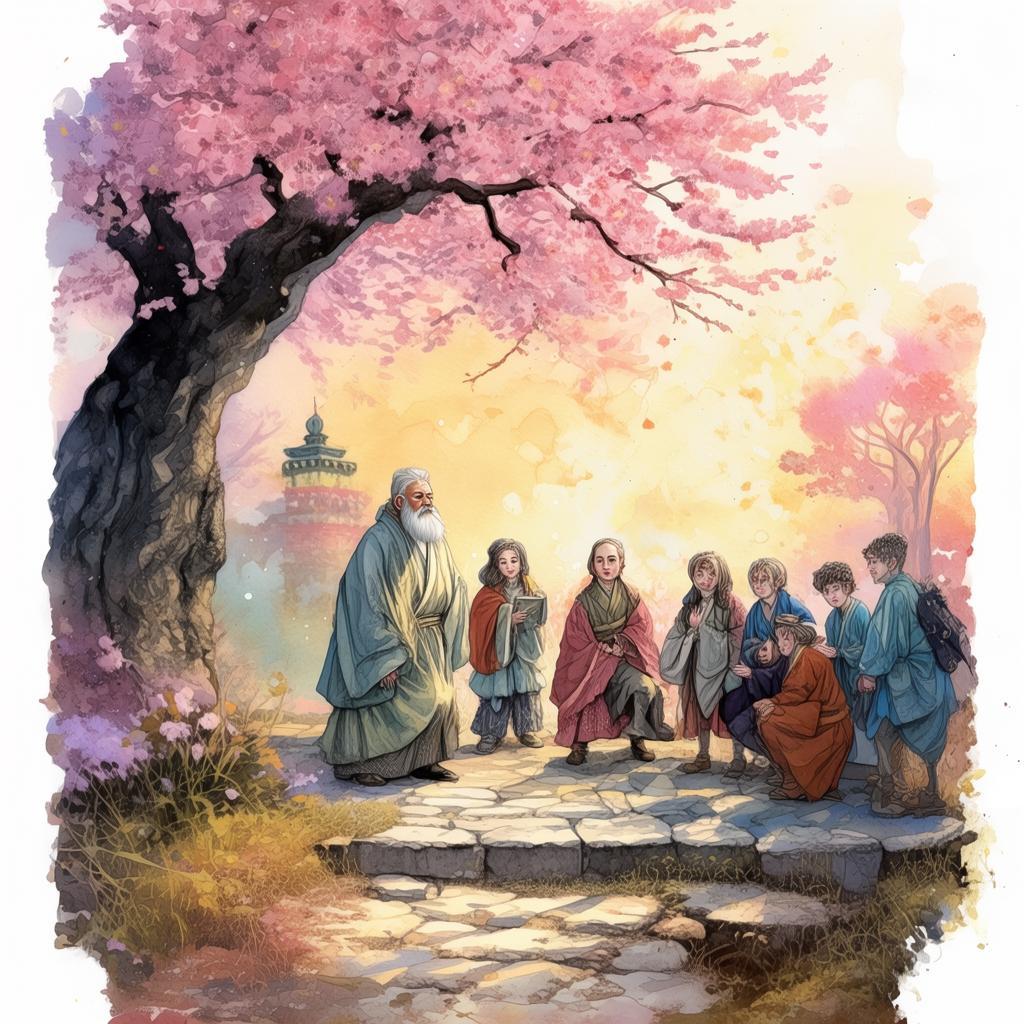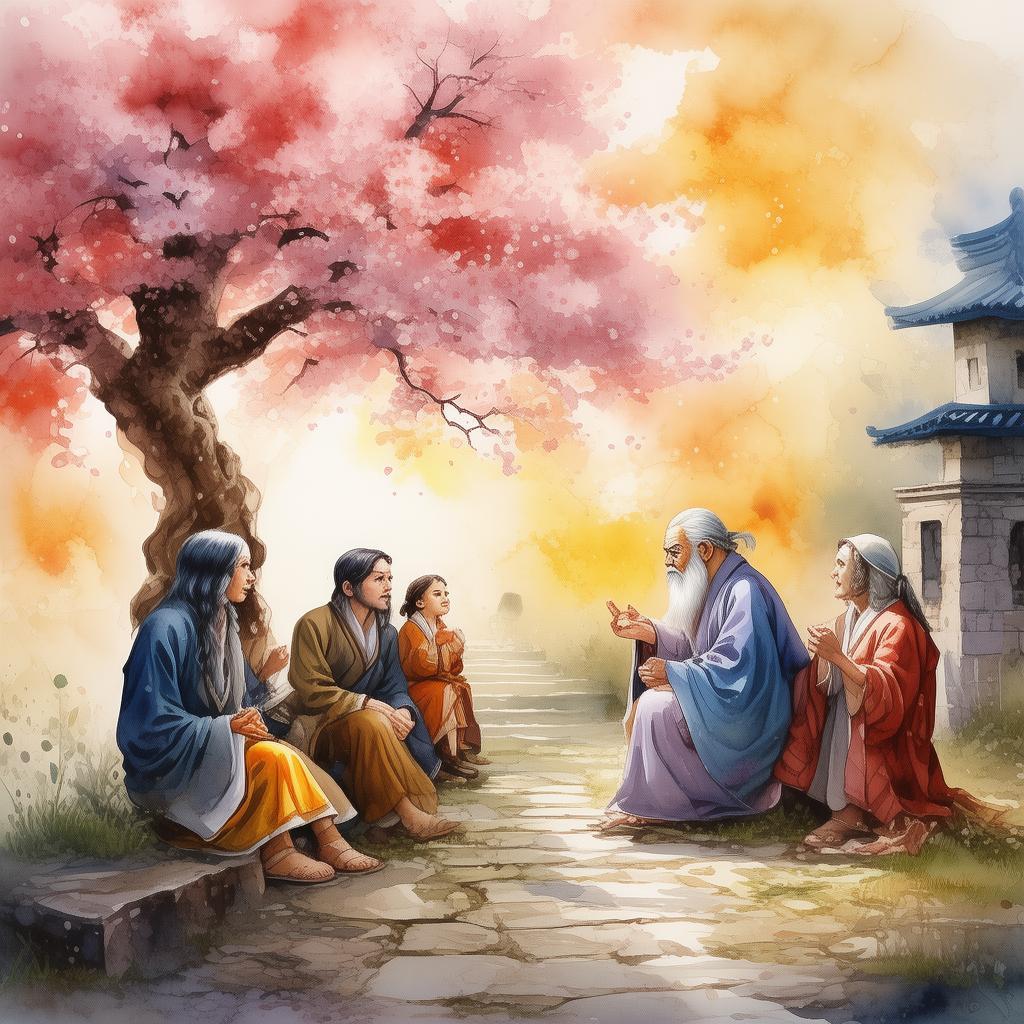The Name That Forged the Future: A Sci-Fi Adventure of Progress and Names
Once upon a time, in a world where the fabric of reality was woven from the threads of names, there lived a young inventor named Liang. His world was a marvel of progress, a place where the air was filled with the hum of advanced technology and the echo of names that could summon or banish objects from existence. In this world, names were not just words but the essence of things, and the power to create and control them rested with those who understood the ancient language of names.
Liang was a prodigy, a child of the digital age who had mastered the art of naming. His inventions were a testament to his genius, from the automated gardens that bloomed with the touch of a name to the flying vehicles that zipped through the sky like birds. Yet, despite his success, Liang felt a void in his life. He yearned for a name that could bring him true purpose.
One day, while tinkering in his workshop, Liang stumbled upon an ancient scroll that spoke of a name that could alter the course of the future. The scroll was filled with cryptic symbols and warnings about the dangers of such power. It spoke of a name that could forge the future, but it also mentioned the consequences of misusing it. Liang was captivated by the scroll's promise, and he knew that this was the name he had been searching for.
As he deciphered the scroll, Liang learned that the name was not a single word but a sequence of names that had to be spoken in a specific order. Each name had the power to create or destroy, to shape or reshape reality. The scroll warned that the name could only be used by one who was worthy, who had the heart and the mind to wield such power responsibly.
Determined to prove his worth, Liang began his quest. He traveled through the skies in his flying vehicle, visiting the greatest minds of his time, seeking their wisdom and guidance. Along the way, he encountered a host of challenges, from rival inventors who sought to steal his discovery to a mysterious organization that seemed to be watching his every move.
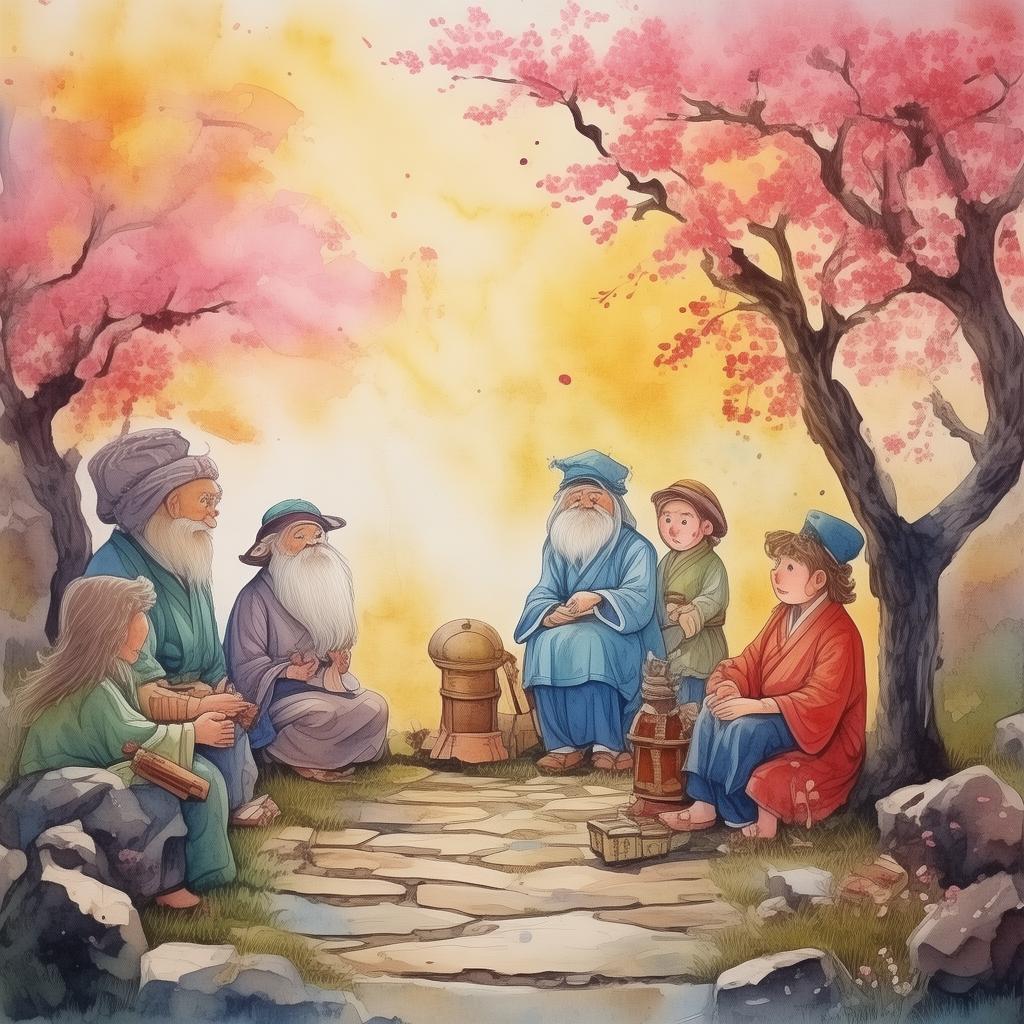
As Liang's journey progressed, he discovered that the name was not just a tool of power but a guide to the future. It revealed to him the truth behind the world's progress and the names that had shaped it. He learned that the name was a reflection of humanity's collective will, a name that could either unite or divide, heal or harm.
The climax of Liang's adventure came when he faced the organization that had been shadowing him. They revealed their plan to use the name to control the world, to bend reality to their will. Liang knew that he had to stop them, and with the knowledge he had gained, he was ready to face them.
In a dramatic showdown, Liang confronted the leader of the organization. The leader, a man who had once been a great inventor himself, was now consumed by his desire for power. He tried to use the name against Liang, but Liang, with his newfound understanding, managed to outwit him. He spoke the sequence of names in the correct order, and the leader's power was nullified.
With the name safely in his possession, Liang returned to his world, a world that was now aware of the name's true power. He used his knowledge to create a new system, one where the name was a tool for progress and not a weapon for control. The world flourished under his leadership, and Liang's name became synonymous with progress and peace.
In the end, Liang realized that the name was not just a tool but a mirror, reflecting the essence of humanity. It was a name that could forge the future, but only if used with the right intentions. And so, the name lived on, a beacon of hope and a reminder that the power to shape the future was in the hands of those who were worthy to wield it.
In this sci-fi adventure, the name became a metaphor for the power of words and the responsibility that comes with great knowledge. Liang's journey was not just about discovering a new technology but about understanding the true nature of progress and the impact of names on reality. The story emphasizes the importance of using one's gifts for the greater good and the consequences of misusing power.
The ending leaves the reader with a sense of hope and reflection, questioning the role of technology in shaping the future and the responsibility that comes with innovation. It serves as a cautionary tale, reminding us that with great power comes great responsibility, and that the true measure of progress is not just in the advancements we make but in how we use them to better our world.
✨ Original Statement ✨
All articles published on this website (including but not limited to text, images, videos, and other content) are original or authorized for reposting and are protected by relevant laws. Without the explicit written permission of this website, no individual or organization may copy, modify, repost, or use the content for commercial purposes.
If you need to quote or cooperate, please contact this site for authorization. We reserve the right to pursue legal responsibility for any unauthorized use.
Hereby declared.
